"Basiru Challenges PDP’s Viability, Urges Party to Consider Rebirth Amid Rising Defections" The National Secretary of the All Progressives Congress (APC), Senator Ajibola Basiru, has stirred political debate by advising the opposition Peoples Democratic Party (PDP) to consider re-registering as a new party if it no longer feels strong enough to compete effectively in Nigeria’s
“Basiru Challenges PDP’s Viability, Urges Party to Consider Rebirth Amid Rising Defections”

The National Secretary of the All Progressives Congress (APC), Senator Ajibola Basiru, has stirred political debate by advising the opposition Peoples Democratic Party (PDP) to consider re-registering as a new party if it no longer feels strong enough to compete effectively in Nigeria’s democratic arena.
Senator Basiru delivered this statement in Osogbo while receiving a group of former PDP members who recently defected to the APC. During the event, which was captured in a video clip that surfaced on Friday, Basiru confidently addressed growing concerns that the nation might be heading toward a one-party system—a fear triggered by the increasing wave of defections to the ruling party.
Nasir El-Rufai Faces Political Isolation As SDP Bid Fails To Gain Traction
Basiru dismissed such concerns, citing constitutional safeguards that guarantee multi-party democracy in Nigeria. He pointed to Section 221 of the 1999 Constitution, which explicitly provides for political pluralism and mandates that individuals must contest elections through duly registered political parties.
“By constitutional provision, it is not possible for Nigeria to become a one-party state,” Basiru emphasized. “Our democracy is protected by law, and every Nigerian retains the right to political association and participation under multiple party platforms.”
His statement was both a reassurance and a challenge. While affirming the constitutional integrity of Nigeria’s political system, Basiru indirectly questioned the organizational strength of the PDP, which has been experiencing internal crises and significant defections across the country.
A New Path for the PDP?
The call for the PDP to potentially re-register as a new entity was laced with both political strategy and provocation. It reflected the APC’s growing confidence, especially with its recent success in attracting disillusioned PDP members into its fold.
“If the PDP believes it can no longer stand on its feet or compete electorally, then perhaps it should consider a political rebirth through re-registration,” Basiru said.
This comment signals the APC’s strategy to further weaken opposition influence while projecting its own dominance as the primary driver of Nigeria’s political and economic future. It also highlights the shifting dynamics within Nigerian politics, where party loyalty is often fluid and strategic defections are a common tool of political survival.
Basiru used the opportunity to commend President Bola Tinubu’s leadership over the past two years, portraying him as a reform-minded leader steering Nigeria toward economic recovery and global credibility.
“In the last two years, President Tinubu has shown bold leadership and put Nigeria on a path of economic transformation,” he said. “This has earned the administration commendation from international rating agencies and financial institutions.”
His remarks aim to reinforce the APC’s image as a party of progress, in contrast to what he described as stagnation under the PDP-led state government in Osun.
Criticism of Osun State Government
Basiru didn’t hold back in his criticism of the PDP-led administration in Osun State. He lambasted the current government for underperforming in key sectors such as education, healthcare, and agriculture—areas that directly affect the daily lives of citizens.
“We must reclaim Osun from the current leadership that has failed in critical areas. The people of this state deserve better governance and a stronger commitment to development,” he asserted.
His words were not just political rhetoric but a rallying cry to the APC’s base and a strategic message to undecided voters in Osun. By painting the PDP as an ineffective and weakened political force, Basiru reinforced the APC’s image as a more competent and viable option for both state and national leadership.
A Calculated Political Gambit
The advice for the PDP to re-register may seem drastic, but it reflects a broader narrative often seen in Nigerian politics: the continual evolution of party identities in response to changing political fortunes. While the PDP still holds considerable influence in some regions, the loss of key figures and ongoing internal divisions pose significant challenges to its future viability.
Senator Basiru’s remarks encapsulate the APC’s current posture—bold, assertive, and focused on consolidating power while projecting an image of national transformation under its leadership.
As Nigeria continues to navigate its complex political landscape, the relevance of opposition parties like the PDP will depend on their ability to rebuild trust, unify fractured structures, and present credible alternatives to the electorate.

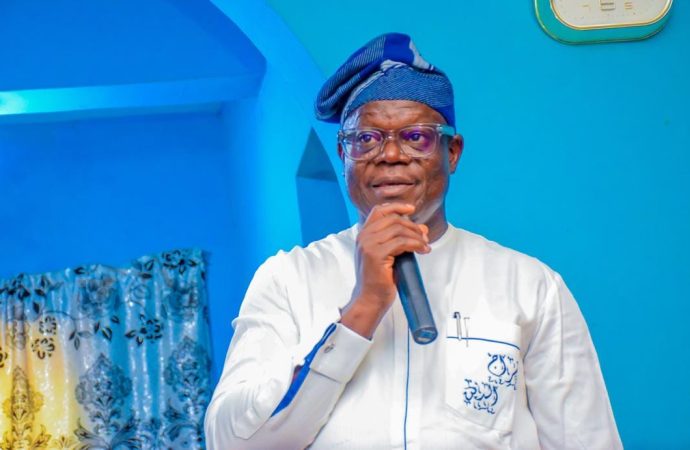
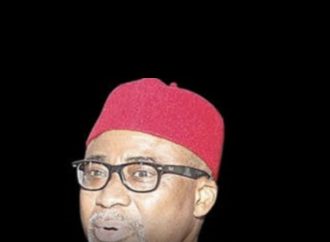
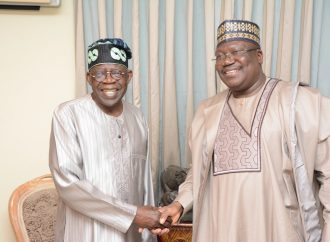
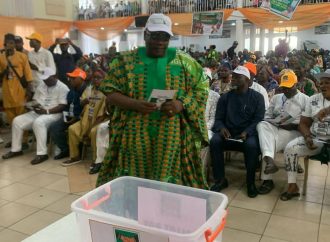
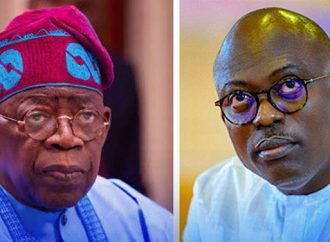
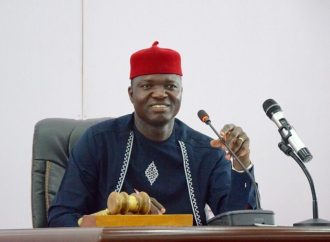
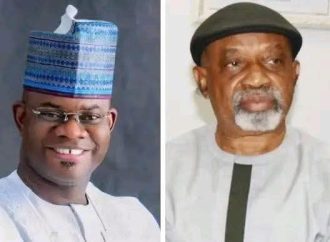


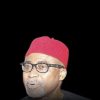
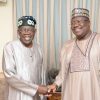
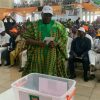
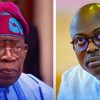
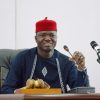



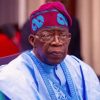


Leave a Comment
Your email address will not be published. Required fields are marked with *